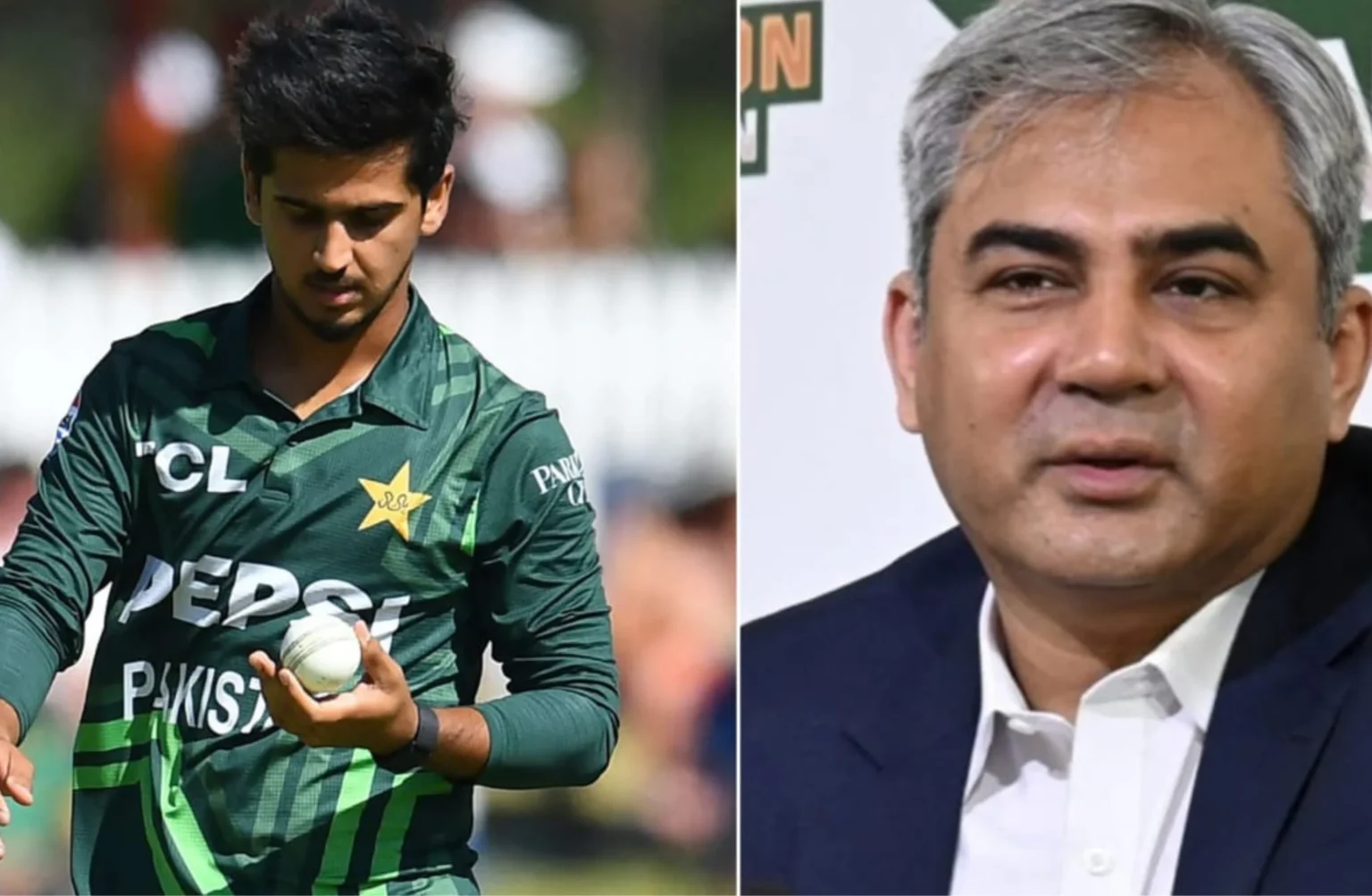Islamabad, Jan 27: The Pakistan Cricket Board (PCB) has acknowledged the challenge of preparing Saim Ayub for the upcoming 2025 Champions Trophy, with Chairman Mohsin Naqvi confirming that the young left-hander will not be rushed back into action. The 21-year-old batter, who fractured his ankle during the second Test against South Africa in Cape Town, is set to miss the marquee tournament next month as PCB prioritizes his long-term fitness over immediate participation.
Speaking at a press conference in Houston, Naqvi emphasized the importance of Saim Ayub’s recovery process, stating, “He is our asset, and we want him fully fit, no matter how much time it takes. I am personally monitoring his progress.” He also revealed that the plaster on Ayub’s ankle will be removed in the coming days, and the board is closely coordinating with his medical team to ensure a complete and safe rehabilitation.
Read More:IPL Franchises Bid for ‘The Hundred’ Teams in Final Round
The young batter’s absence is a significant blow to Pakistan’s plans for the Champions Trophy, particularly given his impressive performances in recent international outings. Known for his aggressive stroke play and ability to tackle quality bowling attacks, Ayub had quickly cemented his place as a vital cog in Pakistan’s top order. His unavailability has delayed the announcement of the national squad, as selectors reevaluate their batting lineup to fill the void left by the talented left-hander.
With the Champions Trophy featuring some of the world’s strongest teams, Pakistan’s preparations have taken a hit. However, Naqvi made it clear that the PCB will not compromise Ayub’s future for short-term gains. “Our focus is on his career, not just one tournament,” he reiterated, underscoring the board’s commitment to managing the player’s recovery responsibly.
Saim Ayub’s injury has forced Pakistan to consider alternative strategies for their batting unit, as they gear up for a high-stakes tournament. While his absence creates a gap in the top order, the PCB’s decision to prioritize the player’s well-being signals a broader focus on sustainable development and long-term success for the team.
